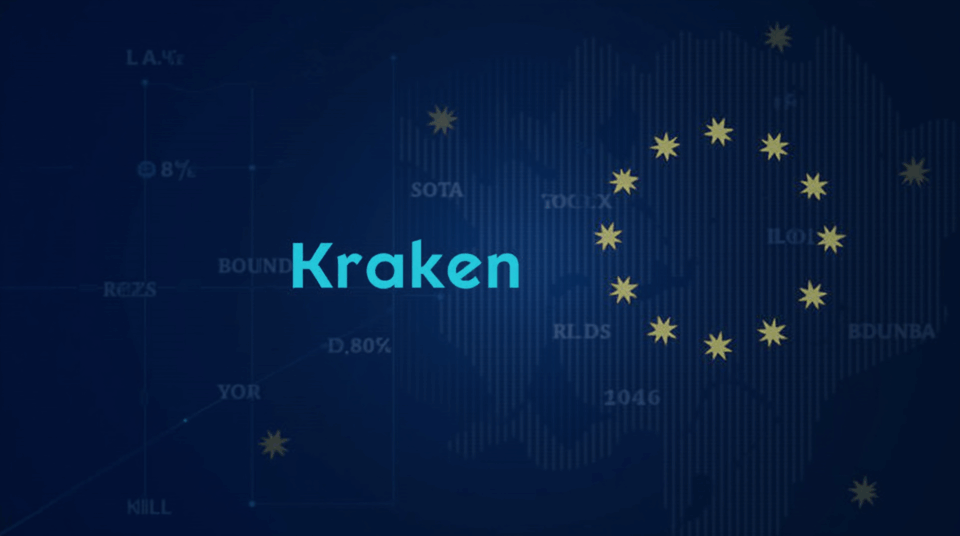Kraken has launched xStocks in Europe, allowing investors to trade tokenized versions of more than 60 US stocks and ETFs. The offering promises 1:1 collateralization, extended trading hours, fractional ownership, and multi-chain support, with Backed Finance serving as the issuance and custody partner.
What xStocks Offers in Europe
Over 60 US stocks and ETFs are available on-chain via tokens representing interests in the underlying assets, enabling 24/5 trading and fractional purchases to facilitate access for retail investors. The platform offers self-custody options that return direct control of assets to users, as well as multi-chain support for interoperability across different blockchains.
How It Works and Guarantees
Issuance and Collateralization
xStocks issues 1:1 tokens backed by real shares, held by custodians, so each token is designed to represent a stake in the underlying asset. Backed Finance provides the infrastructure for issuance and collateral custody. The 1:1 collateralization aims to reduce the risk of price disconnection from the physical asset, provided there is auditing and custodian oversight.
Multi-Chain Deployment
The platform operates on multiple blockchains including Ethereum, with prior deployments on Solana, BNB Chain, and Tron, enabling interoperability and integration with DeFi applications for collateral use and on-chain financial protocols.
Custody, Transparency, and Risk Considerations
The strength of the model depends on audits, custody practices, and legal clarity, as collateralization requires regular disclosure, independent audits, and controls over custodians holding the shares. The offering also faces regulatory and liquidity challenges in Europe, where frameworks like ESMA require clarity on ownership rights, investor protection, and sufficient on-chain liquidity mechanisms.
Operational, Economic, and Financial Sovereignty Benefits
Tokenization can reduce intermediaries and entry barriers, allowing retail investors to buy fractions of large companies and trade outside traditional hours, with 24/5 access and optional self-custody that empowers users. Multi-chain support and DeFi integration enhance financial sovereignty, offering alternatives to traditional intermediaries, though their contribution to democratization depends on maintaining transparency, operational decentralization, and resistance to abusive controls.

Conclusion
Kraken brings a tokenized, backed, and multi-blockchain offering to Europe, making US equities more accessible. Its practical success will depend on custodian transparency, on-chain liquidity depth, and the evolution of European regulations; meanwhile, it represents a significant step toward more accessible and composable financial markets on blockchain.

